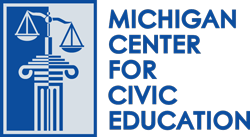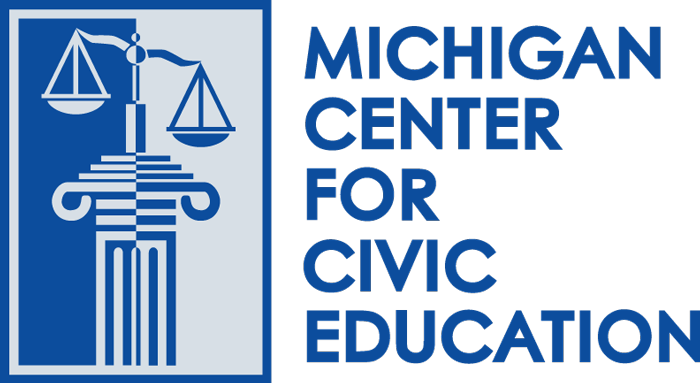This activity will help students understand the need for rules, the rulemaking process, and the role of the student / citizen. Students will be introduced to the relationship between rules and laws and how citizens can establish laws in their communities, much like rules in the classroom, to help them live together.
Civics Lessons
The Need for Laws: Planet Lawless
The Presidency
Students develop an understanding of the qualities of a leader and begin to see themselves as leaders. Students will learn about and understand who can become president and what his/her duties would be as president.
The President’s Roles and Responsibilities: Communicating with the President
Through several activities, students learn about the roles and responsibilities of the U.S. president and their own duties as citizens of a democracy
The Vote
Students will better understand the concept of the Electoral College by participating in a mock Electoral College vote.
What Is A Good Rule? Creating Our Ballot Questions
This lesson offers students the opportunity to play the role of voters with special interests. Students draw up initiatives for new classroom or school rules. Working in groups of four or five, students share their ideas and rationale for new rules.
Prepare for Trial
In this lesson, students will learn about the relationship between constitutional rights and fair and unbiased jury selection. Students will focus on the process for selecting members of a jury. In addition, they will learn vocabulary relevant to understanding court proceedings, which they will apply in making juror selections. Throughout the main activities and lesson extensions, students will investigate the relationship between constitutional rights and fair and unbiased jury selection.

